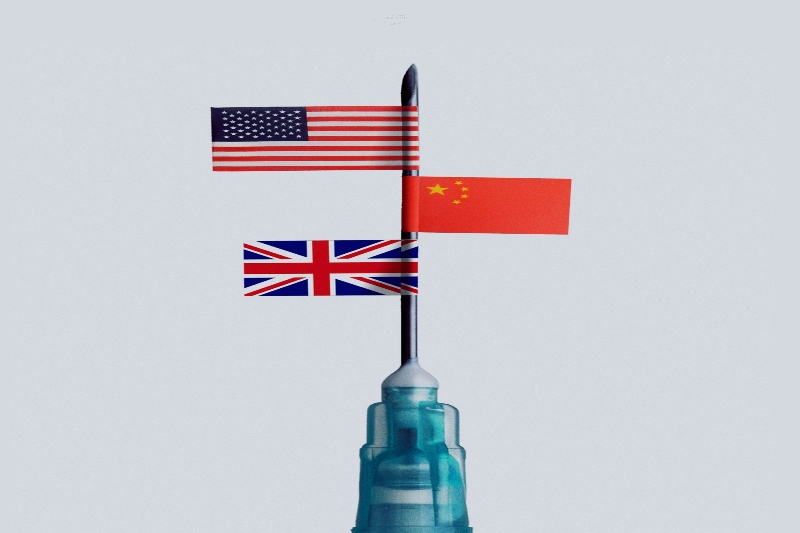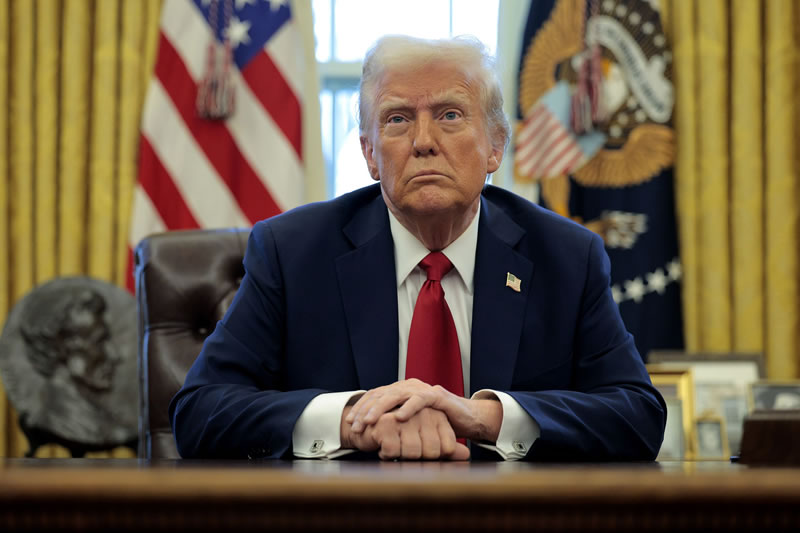
Canada Plans To Share Vaccines With Poor Nations
Canada Plans To Share Vaccines: Despite its own challenges with acquiring doses for Covid-19 virus, Canada is reaching out to help donating doses to some lower income nations. Canada had a bad experience dealing with China that backed out at the last minute to deliver doses it had promised.
It is one of the few countries that has been struggling to control the escalating number of infection cases. It is therefore probably forced to make deals to buy more doses per capita than any other nation, according to researchers at the Duke Global Health Innovation Center in North Carolina.
Post the experience with China, Canada is putting its wealth to good use. It has gone out of its way to reserve billions of doses between them before late-stage trial data came in, ensuring they would get access even if only one or two vaccines worked.
Canada will be planning to donate extra doses through the World Health Organization (WHO)-backed COVAX facility, which would distribute them among recipient countries, according to a trusted Canadian government source.
WHO organized COVAX is a facility created to ensure equitable access to Covid-19 vaccines and will be extremely helpful for needy foreign countries. Undeniably, the demand is exceeding supply across the world. With only Pfizer and Moderna having released late-stage trial data, Canada already has deals in place to buy at least 20 million doses from each of the two companies.
But there is a feeling that the doses might not reach low income nations in the right form. Organized by GAVI vaccine group, the COVAX initiative was created to buy vaccines and share them among countries, not to distribute donated leftovers. Quality is of paramount importance here.
Through the initiative, as many as 2 billion Covid vaccine doses will be made available by the end of 2021. GAVI has already raised more than $2 billion in funding, but needs $5 billion more to meet its goal.
Rich countries are being expected to close the funding gap. They are also expected to get their own residents vaccinated before sharing doses, where millions of frontline workers and vulnerable people in poorer countries could be serviced after that. To avoid this, funding is the best way to buy vaccines for such needy nations.




